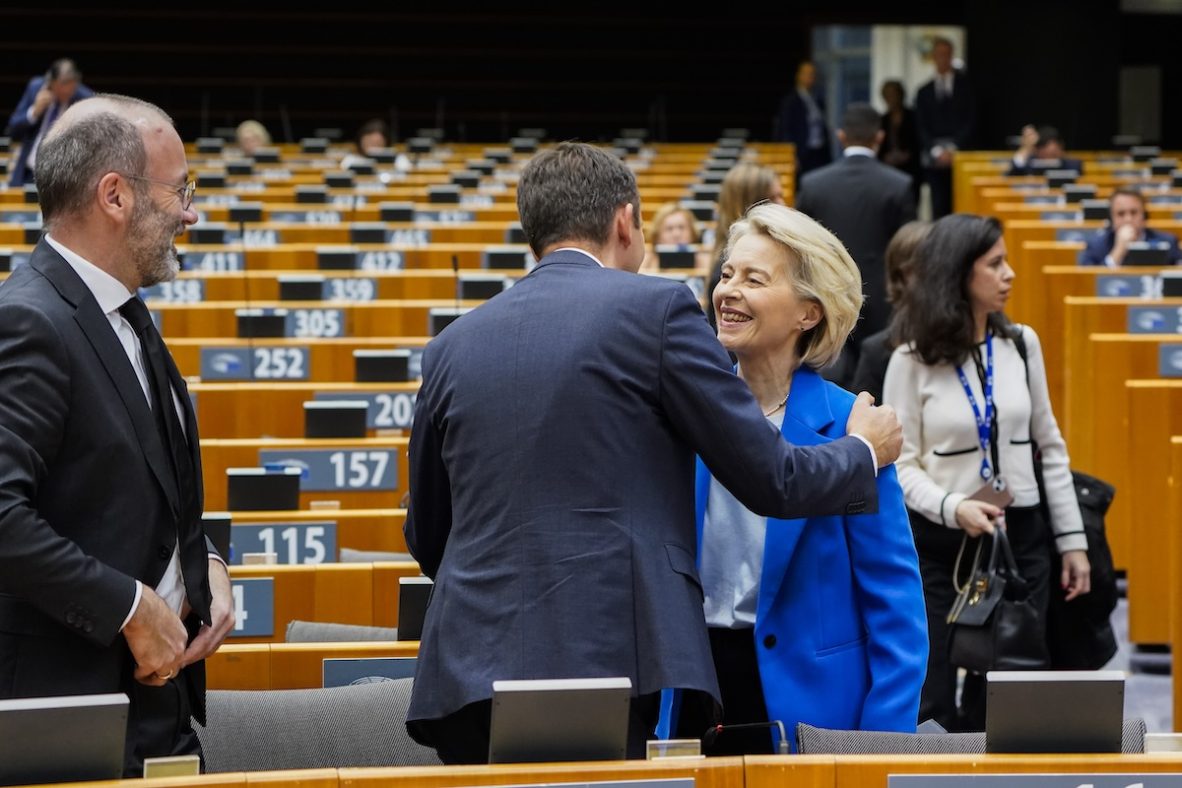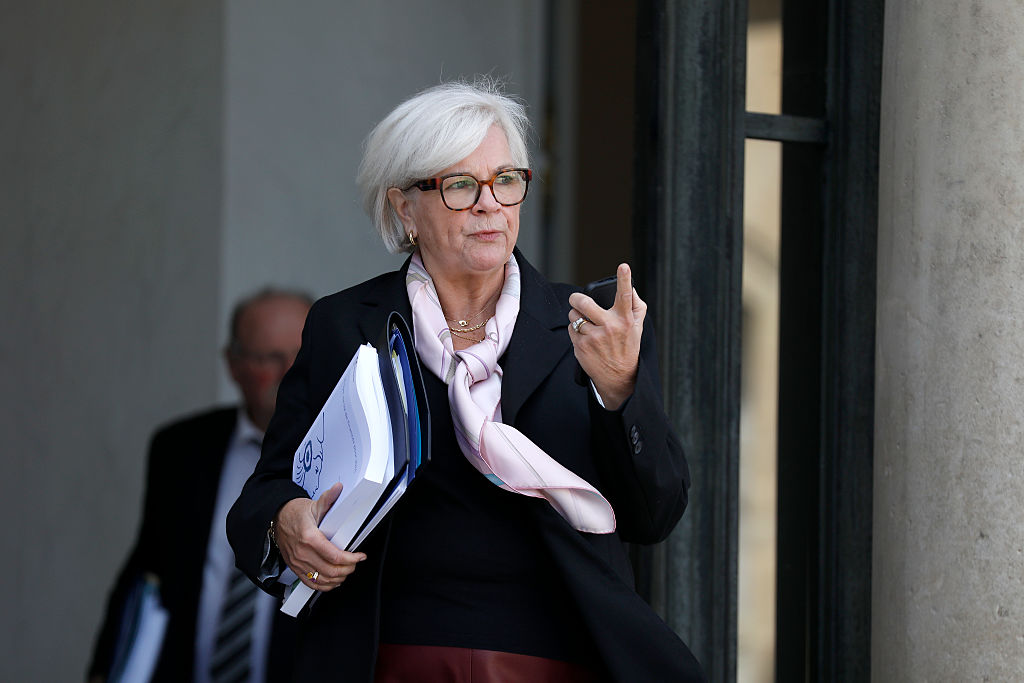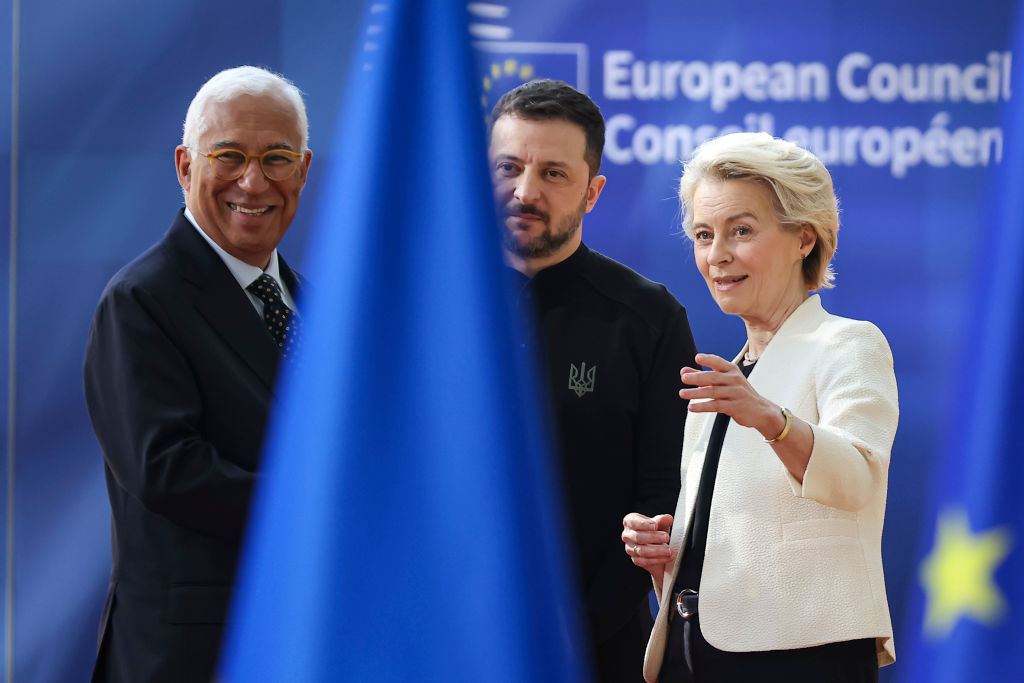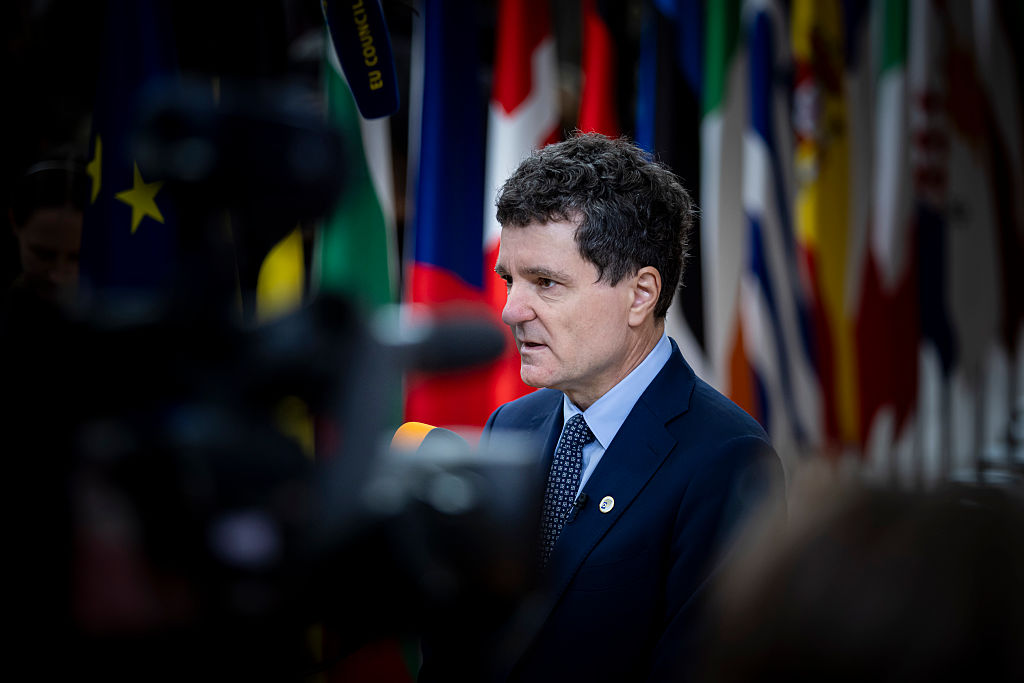Brussels green-lights German spending spree
The Commission welcomed Berlin’s decision to boost military expenditure and create a €500 billion infrastructure fund
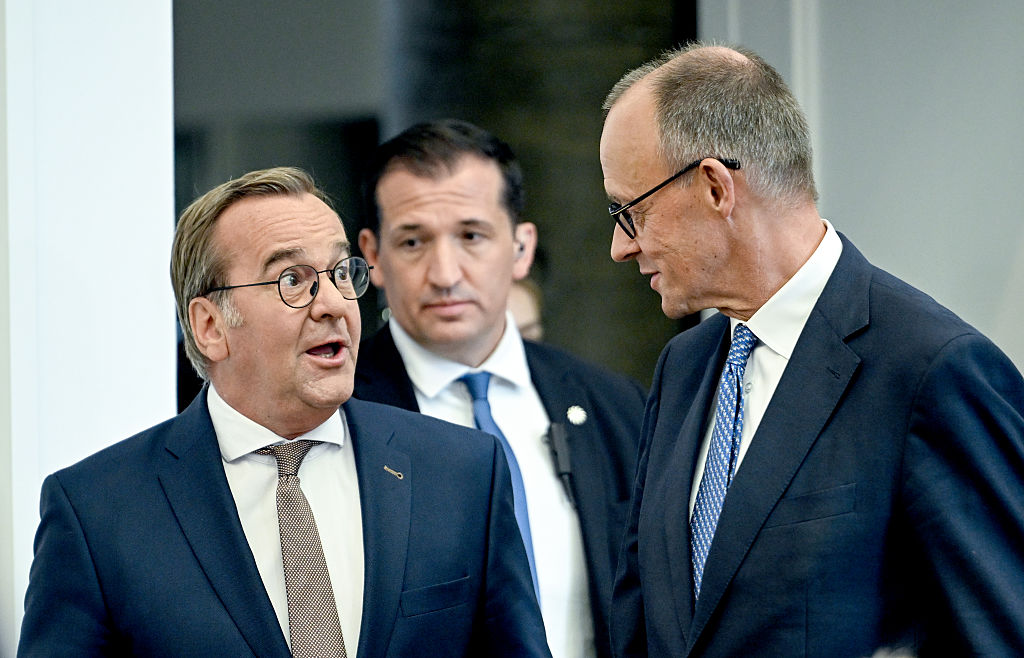
The European Commission formally approved Germany’s multi-year budget plan on Tuesday, paving the way for a historic increase in defence and infrastructure spending in the EU’s largest economy.
Berlin’s medium-term fiscal plan, submitted in July, will see Germany break the EU’s fiscal threshold of 3% of annual GDP until 2027, a senior Commission official told reporters.
However, subsequent planned budget cuts mean Berlin avoided an “excessive deficit procedure” (EDP) that could have led to EU financial penalties, the official added.
Berlin’s request to activate the national escape clause – which allows member states to boost military spending by up to 1.5% of annual GDP without contravening the EU’s fiscal rules – also helped it avoid an EDP.
“Clearly, there’s fiscal expansion in the first two years, and then some correction and consolidation in the years after that,” the official said, adding that a breach of the 3% limit must be “not exceptional” and “not temporary” in order for an EDP to be opened.
“The fact that [the deficit] goes beyond 3% does not mean that we should automatically, necessarily, open an EDP at this point,” they said.
Tuesday’s decision was widely expected, with German and Commission officials closely coordinating before Berlin submitted its seven-year budget plan this summer, as required under a revamped version of the EU’s fiscal rules introduced last year.
EU Economy Commissioner Valdis Dombrovskis told the Financial Times in July that Germany “should” avoid an EDP, and that Brussels actually welcomed Berlin’s decision to boost military expenditure and create a special €500 billion infrastructure fund.
Some economists argue that Germany’s “debt brake”, which had set strict limits on public borrowing before being scrapped by Chancellor Friedrich Merz’s government earlier this year, was responsible for low growth and chronically weak investment and demand.
“The European Commission has been asking Germany to increase its infrastructure investment for years, and so now we see this actually happening,” Dombrovskis said.
Germany’s fiscal plan is expected to be formally approved by EU finance ministers on 10 October.
(vc)
CORRECTION: This article has been amended to avoid conflating Germany’s net public expenditure growth with its fiscal deficit.
